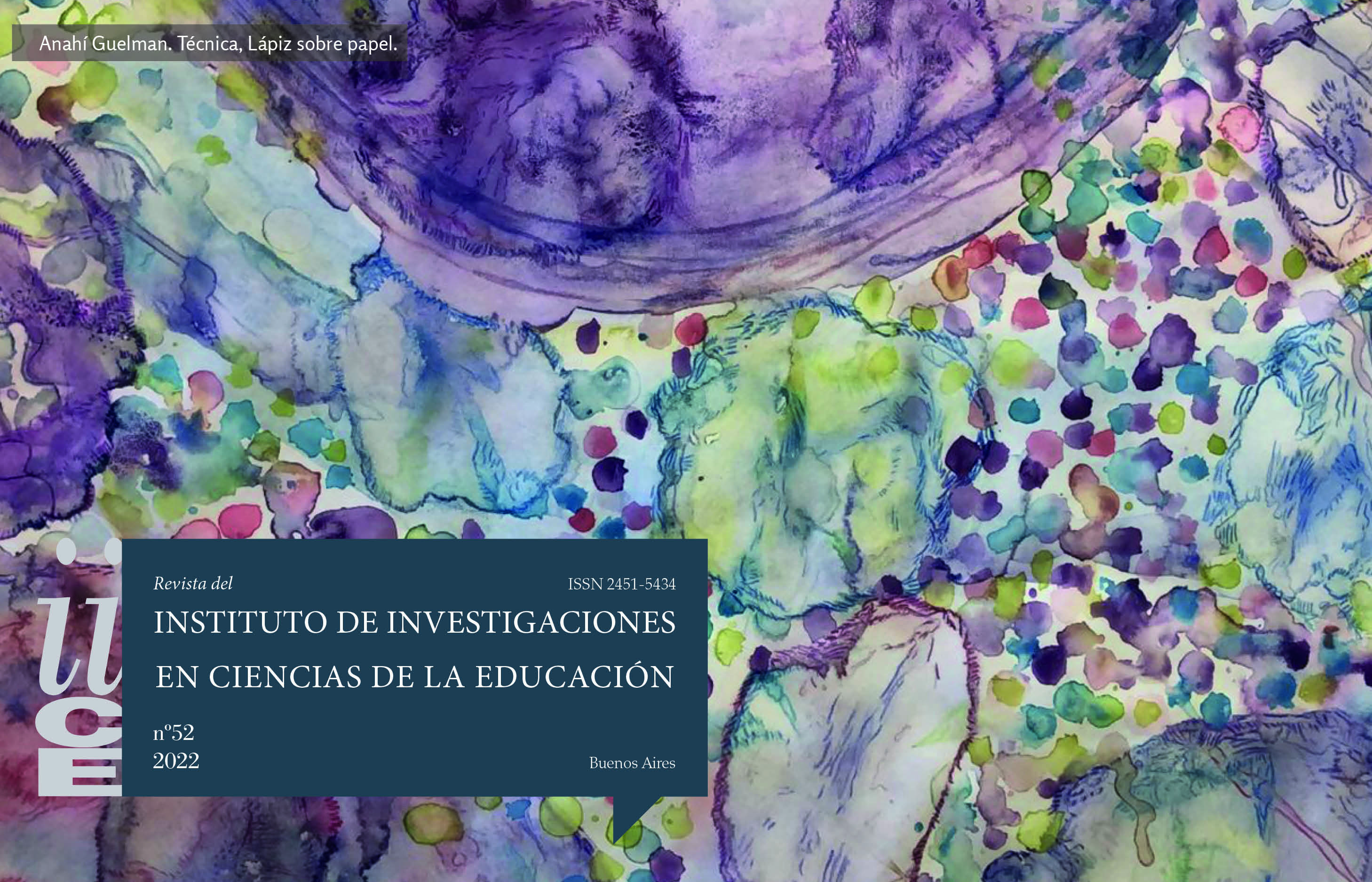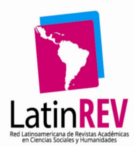En relación con los sujetos en investigación biográfica en educación
Palabras clave:
investigación biográfica en educación, postura, sujeto, poder de actuar
Resumen
Esta contribución se propone interrogar la relación del investigador con los actores-sujetos de la investigación, en lo relativo a las especificidades de la investigación biográfica en educación y los efectos de los dispositivos que pone en funcionamiento. Para esto se apoyará en una investigación llevada a cabo junto a diversos grupos de estudiantes secundarios, a partir de entrevistas biográficas colectivas e individuales y de relatos escritos sobre sus recorridos escolares. Esta investigación tuvo dos finalidades: comprender los modos de subjetivación de dichos recorridos escolares y de orientación, y transformar una situación en la que los alumnos tenían dificultades para apropiarse de ese recorrido de orientación y cooperar. Se presentará el dispositivo puesto en práctica y su marco epistemológico y metodológico luego de analizar sus efectos para comprender las encrucijadas de la relación del investigador con los actores-sujetos en investigación biográfica. Se pondrá en evidencia que las especificidades de este campo de investigación invitan, por una parte, a inscribir la investigación en un espacio de encuentro simétrico, espacio de autorización, propicio al desarrollo del poder de actuar de los actores y, por otra, a desarrollar una postura empática garante del respeto de los actores y de su proceso de autonomía.Descargas
La descarga de datos todavía no está disponible.
Citas
Ardoino, J. (1992). L’implication. Lyon, Voies Livres.
----------. (2000). Les avatars de l’éducation. París, Presses Universitaires de France.
Boutinet, J. P. (dir.) (2007). Penser l’accompagnement adulte. París, Presses Universitaires de France.
Bruner, J. (2010). Pourquoi racontons-nous des histoires? París, Retz.
Delory-Momberger, C. (2009). La condition biographique. Essais sur le récit de soi dans la modernité avancée. París, Téraèdre.
----------. (2014). De la recherche biographique en éducation. Fondements, méthodes, pratiques. París, Téraèdre.
Dizerbo, A. (2019). Paroles d’élèves et bonheur à l’école. Tréma [en línea], 52. Disponible en https://doi.org/10.4000/trema.5504
Dominicé, P. (1999). La compétence d’apprendre à l’âge adulte: Lectures biographiques des acquis de la scolarité. Cahiers de la Section des Sciences de l’Éducation, 87: 1-21.
Janner Raimondi, M. (2019). Empathie. En Delory-Momberger, C. (coord.). Vocabulaire des histoires de vie et de la recherche biographique, pp. 72-75. Toulouse, Érès.
Larrosa, J. (1998). Apprendre et être. París, ESF.
M’Biatong, J. (2019). La recherche biographique en éducation pour l’éthique. En Dizerbo, A. y M’Biatong, J. (coords.). Pour une éthique de l’accompagnement biographique, pp. 129-152. París, Téraèdre.
Rhéaume, J. (2019). Pouvoir d’agir. Empowerment. En Delory-Momberger, C. (coord.). Vocabulaire des histoires de vie et de la recherche biographique, pp. 127-129. Toulouse, Érès.
Ricœur, P. (1990). Soi-même comme un autre. París, Seuil.
Tap, P. (1980). Identité individuelle et personnalisation. Toulouse, Privat.
----------. (2000). Les avatars de l’éducation. París, Presses Universitaires de France.
Boutinet, J. P. (dir.) (2007). Penser l’accompagnement adulte. París, Presses Universitaires de France.
Bruner, J. (2010). Pourquoi racontons-nous des histoires? París, Retz.
Delory-Momberger, C. (2009). La condition biographique. Essais sur le récit de soi dans la modernité avancée. París, Téraèdre.
----------. (2014). De la recherche biographique en éducation. Fondements, méthodes, pratiques. París, Téraèdre.
Dizerbo, A. (2019). Paroles d’élèves et bonheur à l’école. Tréma [en línea], 52. Disponible en https://doi.org/10.4000/trema.5504
Dominicé, P. (1999). La compétence d’apprendre à l’âge adulte: Lectures biographiques des acquis de la scolarité. Cahiers de la Section des Sciences de l’Éducation, 87: 1-21.
Janner Raimondi, M. (2019). Empathie. En Delory-Momberger, C. (coord.). Vocabulaire des histoires de vie et de la recherche biographique, pp. 72-75. Toulouse, Érès.
Larrosa, J. (1998). Apprendre et être. París, ESF.
M’Biatong, J. (2019). La recherche biographique en éducation pour l’éthique. En Dizerbo, A. y M’Biatong, J. (coords.). Pour une éthique de l’accompagnement biographique, pp. 129-152. París, Téraèdre.
Rhéaume, J. (2019). Pouvoir d’agir. Empowerment. En Delory-Momberger, C. (coord.). Vocabulaire des histoires de vie et de la recherche biographique, pp. 127-129. Toulouse, Érès.
Ricœur, P. (1990). Soi-même comme un autre. París, Seuil.
Tap, P. (1980). Identité individuelle et personnalisation. Toulouse, Privat.
Publicado
2022-11-03
Cómo citar
Dizerbo, A. (2022). En relación con los sujetos en investigación biográfica en educación. Revista Del IICE, (52). https://doi.org/10.34096/iice.n52.12053
Número
Sección
Artículos convocatoria permanente














